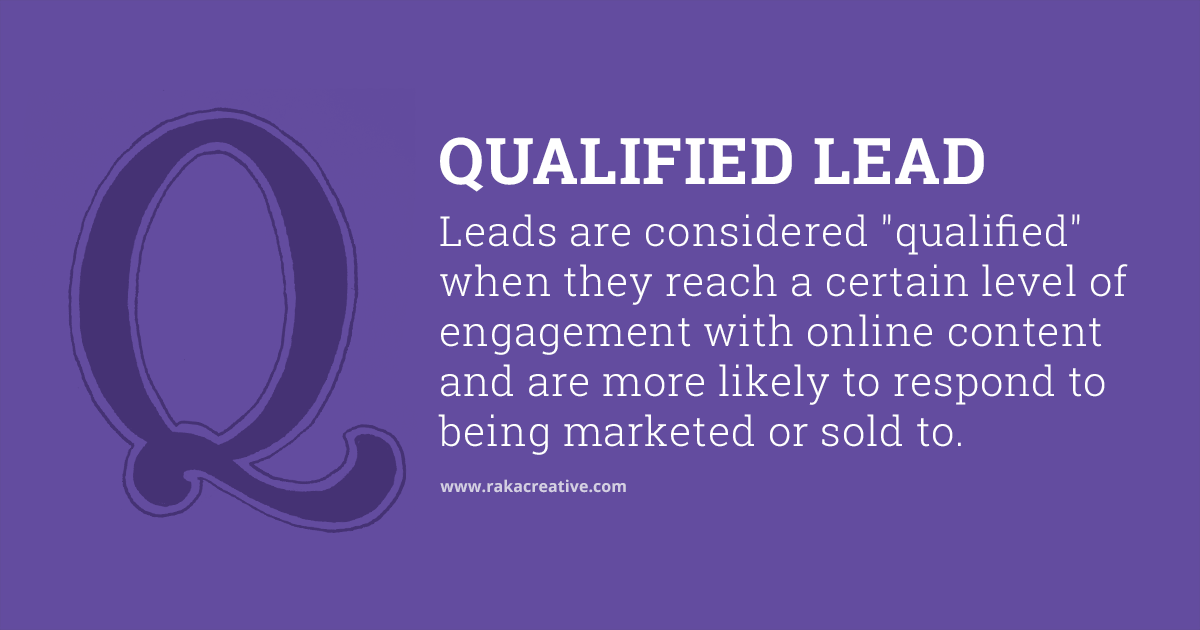In inbound marketing, keywords can be both a blessing and a curse. You need them to build a solid SEO strategy and ensure you’re ranking in search results, but over-emphasizing keywords can lead you down the dark path to bad content—and bad content does not a successful marketing strategy make.
Tell me more
Keywords are what we plan our content around in order to ensure that 1) our website ranks high in web searches for the terms we want it to rank for and 2) our content gets in front of the right people. Keywords are used in everything from page titles and subtitles, to URLs, to metadata, to image alt-text, to—duh—the actual text on a web page or in a blog post, to help search engines associate that particular web page with the topic that is being searched.
Now, back in the Dark Ages of SEO, keywords were something that you crammed into the code of your website in order to influence search engines. Some of you will remember the days of filling your meta keywords fields with every possible iteration of a keyword or phrase—like a weird game of Boggle or Bananagrams with full words instead of letters.

There are many factors that influence winning SEO (you can learn more on our inbound marketing definitions page) but the bottom line is that search engines are much smarter than they used to be, and meta keywords are no longer a factor in search ranking. So your keyword strategy has to be a little more, well, subtle.
Why keywords are important to marketers
As we noted above, keywords are the building blocks of your SEO strategy—and much like building blocks, they need to be used correctly in order to carry any weight.
First of all, you need to use the right blocks. You can be ranking #1 for 10 search terms, but if they’re not actually terms your audience is using, it’s not going to help your marketing strategy. Use a tool like Moz or SEMRush to determine which search terms are the most relevant and the most trafficked.
You should also consider long-tail keywords; phrases like “how to create marketing buyer personas” that will probably have fewer searches, but a more targeted audience. Long-tail keywords are also, generally, easier to rank for.
When you’ve got the right blocks, you need to make sure you’re using them in the right places. Yes, you should have your keyword in certain places, like the title, URL, and metadata, but ideally, the keyword (and its variations) should be used as naturally as possible in the content. Sticking keyword, words, where they don’t belong keyword just to try to improve ranking keyword, can look a little bit like keyword this.
So, in a nutshell, keywords are important because they give us some insight into what our potential customers are searching for and help us create relevant, and hopefully high-ranking, content that helps them.
If you skimmed this post…
Just remember that keywords are the words or phrases your target audience is using to search for information on the internet, a.k.a. the building blocks of any SEO strategy.
Want to learn more awesome inbound marketing terms? Check out our Inbound Marketing Definitions page.






